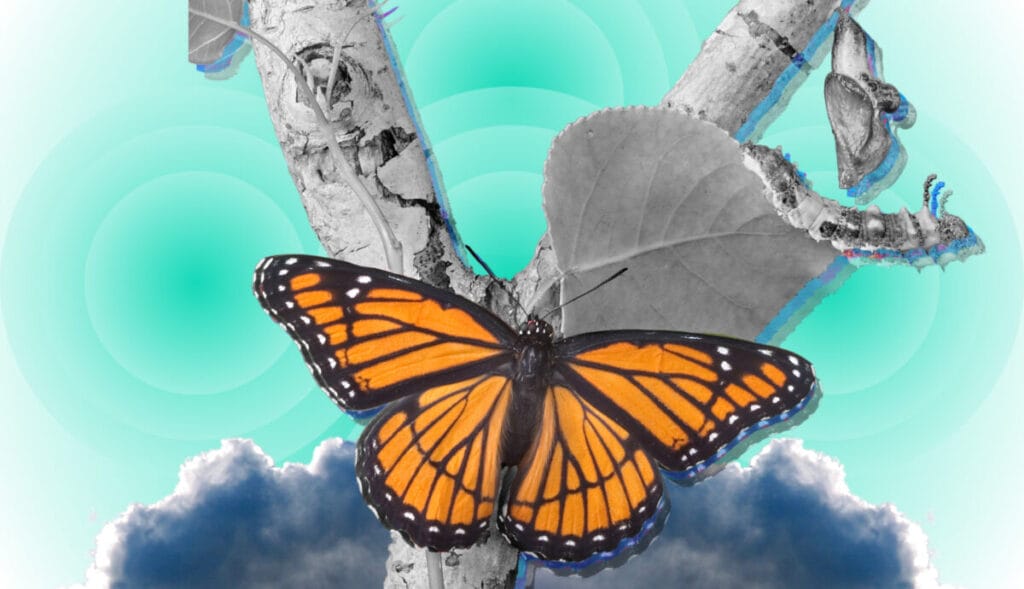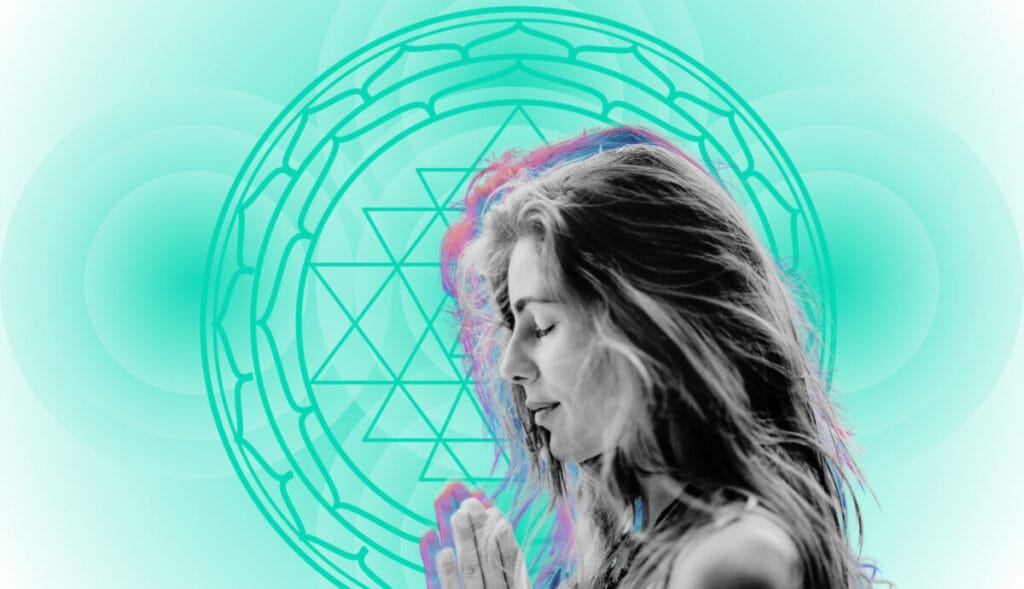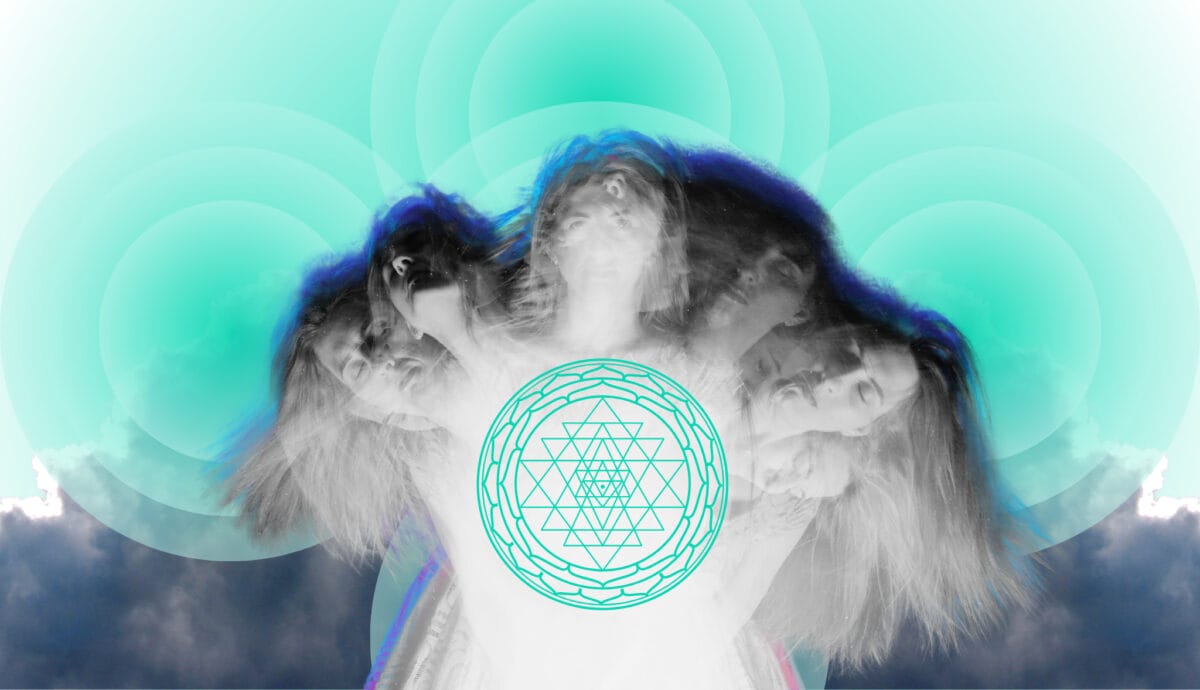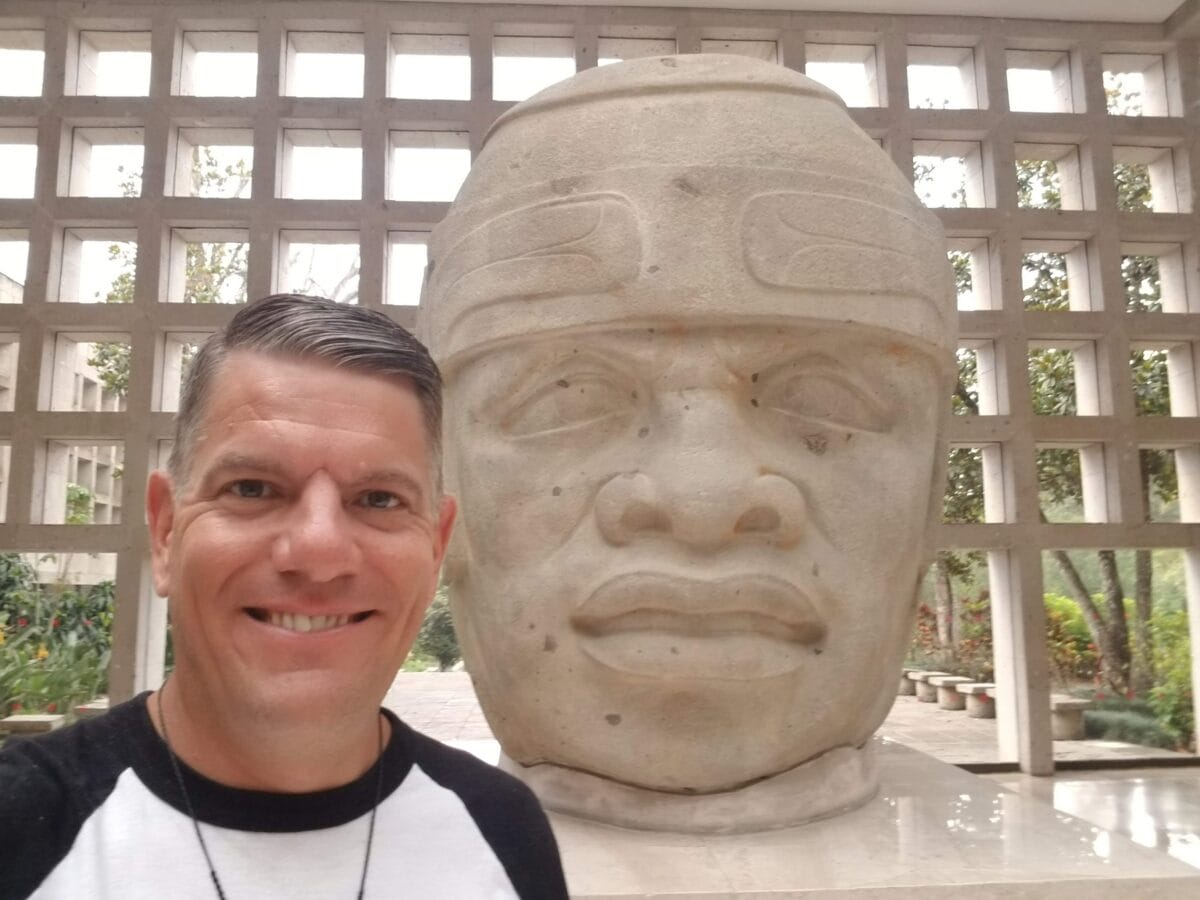What is spiritual emergence? As the psychedelic resurgence continues to gain momentum and the term is gaining more visibility, many are asking this question. The phenomenon of spiritual emergence isn’t new, however – it predates contemporary awareness by millenia.
Preeminent psychiatrist and pioneer of transpersonal psychology, Stanislav Grof, earns the credit for coining the term and introducing it to the Western lexicon.
The term first appeared in Grof’s 1989 book Spiritual Emergency: When a Personal Transformation Becomes a Crisis. Defined by Grof, it is “the movement of an individual to a more expanded way of being that involves enhanced emotional and psychosomatic health, greater freedom of personal choices, and a sense of deeper connection with other people, nature, and the cosmos.” The current psychedelic moment makes the concept more apropos than ever.
It’s also important to note the distinct, yet subtle difference between spiritual emergence, and ‘spiritual emergency’ (both terms will be referenced throughout this article). Intentionally constructed as a play on words, the term ‘emergency’ indicates crisis, all the while containing within it the term ‘emergence,’ pertaining to the process by which something becomes known or visible, implying that both – crisis and opportunity – can arise.

When Does Spiritual Emergence Occur?
Spiritual emergence is a spontaneous phenomenon, so predicting it with precision is impossible. Yet, moments do exist in which spiritual emergence may be more probable, either on a collective or individual basis.
A collective moment is occurring right now, says Michelle Anne Hobart, MA, SEC, AMFT, who believes this is a “time of great revealing.” As the world’s uncertainty and confusion ramp up, it’s hard to deny this.
“If we delude ourselves into thinking that we’re not all on the cusp of spiritual emergency then we’re not understanding the zeitgeist of our times; meaning that this is a really evolutionarily big, nodal point. So I think there’s a lot working on us all right under the surface,” Hobart says.
As the world changes around us, sometimes to a discomforting extent, we’re obligated to adapt in a psychospiritual manner. But spiritual emergence doesn’t require a collective nudge to occur.
“There’s a psychospiritual crisis that is unfolding and it’s also an opportunity to emerge, possibly like a new state of consciousness,” says Kyle Buller, Psychedelics Today Co-Founder and Vice President of Education and Training.

What is Spiritual Emergence from an Individual Perspective?
If the zeitgeist doesn’t promote spiritual emergence, an individual may also experience an acute event. Spontaneous spiritual emergence may be induced by a variety of methods, including but not limited to: meditation, yoga, breathwork, float therapy, psychedelic compounds, etc. Other atypical events may provoke a spiritual awakening or crisis that may be less predictable, and not the result of a spiritual practice.
“People can have these spiritual emergencies through substances, kundalini awakenings, unitive experiences, paranormal and UFO experiences. Some of these are spontaneous experiences and other times they’re induced by substances,” says Buller, who understands the phenomenon from first-hand experience. He endured a near-death experience as a teenager, which kick-started his exploration of consciousness and non-ordinary experiences.
Spiritual emergence can be seen in a variety of situations, including:
- Near-death experiences or rebirth sequences
- Mythological and archetypal phenomena (deity or “angel” experiences)
- Past life sequences
- Psychic opening (incidences of synchronicity or ESP)
- Intense energetic phenomena (Kundalini or Kriyas)
- Shamanic opening
- Possession states (channeling or mediumship)
- UFO encounters
As you can see (and depending on what you believe in), many of these circumstances can’t be brought about with intention. However, psychedelic compounds are the obvious exception (in that, an individual has control over when they consume a substance). So what is spiritual emergence in a psychedelic context?

What is Spiritual Emergence From a Psychedelic Perspective?
“(Psychedelics are) deep and powerful spiritual technologies. The intention of these medicines is to open us, is to create transformational opportunities, like catalysts. Psychedelics are like ‘buy the ticket, take the ride.’ Sometimes we don’t know what exactly is going to get lit up. We don’t know what’s going to get activated, in terms of the complexes, in terms of the archetypes,” Hobart explains.
It’s important to understand that when engaging with psychedelic compounds we’re performing a type of ‘soul surgery’ that can open us to infinite outcomes, and, potentially, get weird fast. Not all individuals possess the same capacity for psychic resilience that results in handling potentially destabilizing effects gracefully. The critical awareness of your own resilience can’t be overstated, whether in above ground or underground settings.
Anyone, whether they feel they’re on the cusp of a spiritual emergence or not, can have a spiritual awakening during or following a psychedelic journey. Anyone, whether they feel they’re mentally healthy or not, can have a spiritual emergency during a psychedelic journey or afterwards. This makes it imperative to provide a healthy system and a proper integration framework to handle such events. Psychedelic service providers need to be ready and prepared for these outliers.
“Sometimes we use the term ‘ontological shock’ – what happens when somebody’s belief system is just shaken to the core and they come back and have to rebuild what they believe about their reality and their truth,” says Buller.
For this reason, psychedelic integration is a profound and delicate time period, while a person’s psyche remains open and vulnerable to all possibilities. Think of this impressionable psyche like a dial from healthy integration, to spiritual emergence, to spiritual emergency.
What is Spiritual Emergency?
Spiritual emergency indicates that the process of spiritual growth (emergence) is reaching an unmanageable and overwhelming crisis state that inhibits a person’s ability to function in day-to-day life. As Grof notes, “In many cases, new realms of mystical and spiritual experience enter their lives suddenly and dramatically, resulting in fear and confusion. They may feel tremendous anxiety, have difficulty coping with their daily lives, jobs, and relationships, and may even fear for their own sanity.”
Through the Grofian lens a spiritual emergency may or may not indicate a serious mental health episode. Transpersonal psychology endeavors to bridge the gap between Indigenous shamanism and the Western mental health paradigm. This approach doesn’t relegate all spiritual crises to the mental health disorder category.
Rather, transpersonal psychology strives to understand and allow for subtlety. Where psychiatry may resort to immediate mental health care, medication, and even institutionalization, spiritual emergency entertains the possibility of enhanced consciousness. This can be tricky business indeed. The differentiation between psilocybin induced psychosis which requires traditional Western medical care and a shamanic opening can be hard to identify. However, this conundrum isn’t anything new, and perhaps we’re just going back to the future.
The Thin Mental Health Line
The transpersonal approach to spiritual emergency may be the West’s best attempt yet to integrate the mythology and traditions of Indigenous shamanism. This continues in the footsteps of Terrence McKenna who once said, “The shaman is not merely a sick man, or a madman; he is a sick man who has healed himself.” Because shamanism isn’t part of traditional Western culture, the practice has long provoked misunderstanding, and disbelief among outsiders.
The relationship between spirituality, madness, and healing embraces complexity. Thanks to Indigenous, ancestral wisdom gleaned over millennia, ancient cultures established the shaman as a key position in society, making them a central and indispensable figure.
Shamans live in a liminal space, with one foot in the Earthly realm, and the other foot in the spiritual realm as conduits between dimensions and realms of consciousness. This is no easy task, but it is in this exact space where the magic happens. American academic Joseph Campbell summed it up best by saying, “The psychotic drowns in the same waters in which the mystic swims with delight.
So if we choose to swim in these treacherous waters, what are the benefits?

The Benefits of Spiritual Emergence
Learning to swim in psychic tides can lead to positive outcomes. The experience can result in emotional and psychosomatic healing, creative problem-solving, personality transformation, and consciousness evolution.
“This fact is reflected in the term ‘spiritual emergency,’ which suggests a crisis, but also suggests the potential for rising to a higher state of being,” according to Grof.
When spiritual seekers and psychonauts have access to well-supported, ethical, and quality integrative settings and spaces, the spiritual crisis allows access to profound awareness. Clarity, sense of purpose, decision making, and intuition may also be improved. On its deepest level, spiritual emergence may even nurture connection to the divine. Divine resonance may stimulate tremendous creative outbursts.
A brief review of the history of literature and art over the centuries shows that many creative geniuses created seminal works after going on a psychedelic journey or experiencing a non-ordinary state. Aldous Huxley, Ken Kesey, The Beatles, Android Jones, Alex and Allyson Grey are a few contemporary examples.
The 3 Key Takeaways of What is Spiritual Emergence?
- Be prepared: Are you prepared and willing to hear tortured sounds from your neighbor during an underground plant medicine ceremony? Or, even, to be the one making them? Or to emerge from a psychedelic experience that was intended to be fun and casual, but with your entire worldview turned upside down? In the throes and aftermath of taking powerful substances, anything can happen.
- Think continuum: The boundaries and borders between mental health disorder, spiritual emergence, and spiritual emergency can be tough to define. They ebb and flow, as the experience rejects labels and entertains nuance and subtlety.
- Ensure support is available: Since spiritual awakenings and crises are unique in nature and exist on a spectrum, aftercare must be adaptable and available, from loving support and a cozy environment, to professional medical intervention.




